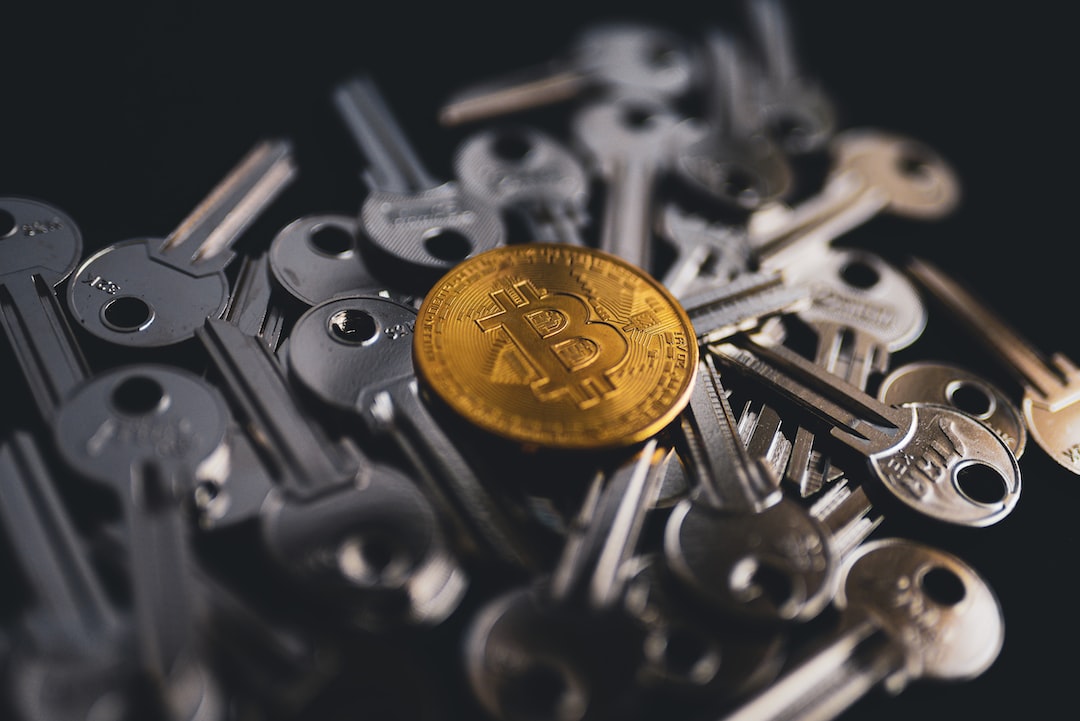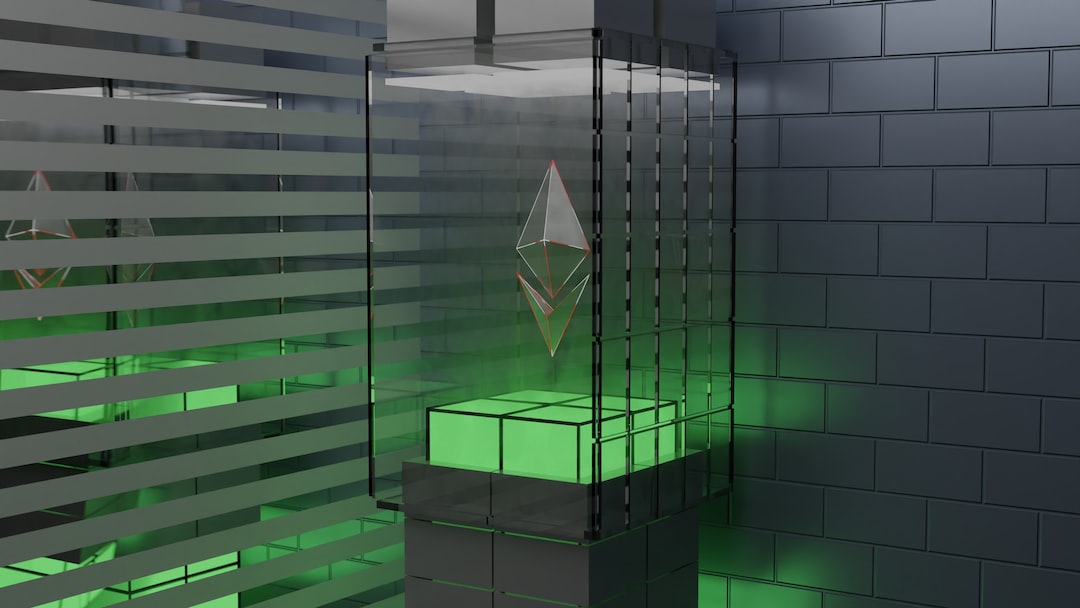Ukraine’s Adoption of EU’s Crypto Regulation May Be Too Strict for Its Blockchain Future
– Ukraine is set to adopt the EU’s Markets in Crypto Assets Regulation (MiCA) as part of its integration process with the European Union.
– MiCA aims to create a harmonized framework for the regulation of crypto assets and related services within the EU.
– However, as a candidate member and not a full-fledged EU member, Ukraine will not be able to provide the same “passporting rights” to crypto companies.
– The strict requirements and liabilities imposed by MiCA may limit the attractiveness of Ukraine’s jurisdiction for crypto companies.
– The excessive compliance measures and high costs associated with MiCA may create barriers for new crypto asset service providers and increase the cost for consumers.
Stricter Regulations Threaten Competition and Limit Market Growth
– Stricter regulatory rules may limit competition in the Ukrainian crypto market, favoring established players and hindering new entrants.
– Excessive compliance measures, such as the requirement of a formal whitepaper, add significant costs and increase the risk of legal disputes.
– Crypto exchanges may pass on compliance costs to consumers, resulting in higher costs for using their services.
– The MiCA Regulation does not cover certain crypto assets, including NFTs, creating challenges for tokenizing real-world assets in Ukraine.
Ukraine’s Approach: Adopt Feasible Provisions and Create a Competitive Jurisdiction
– Ukraine should adopt only the most technically feasible provisions of MiCA to avoid excessive regulation and allow companies to develop their business.
– Developing a competitive jurisdiction for the crypto industry will contribute to Ukraine’s postwar recovery and attract crypto startups with Ukrainian roots.
– Ukraine’s goal should be to make itself a top destination for crypto business by strategically utilizing its time and sharing best practices on crypto regulation with the EU.
Hot Take
Ukraine’s adoption of the EU’s MiCA Regulation may pose challenges for its blockchain future. While aligning with EU standards is important, strict requirements and the absence of “passporting rights” may limit Ukraine’s attractiveness to crypto companies. Excessive compliance measures and high costs could hinder market growth and increase the burden on consumers. Ukraine should carefully consider which provisions of MiCA to adopt and focus on creating a competitive jurisdiction for the crypto industry. By doing so, Ukraine can ensure its place in the European crypto market and contribute to its postwar recovery.





 By
By
 By
By
 By
By
 By
By
 By
By
 By
By